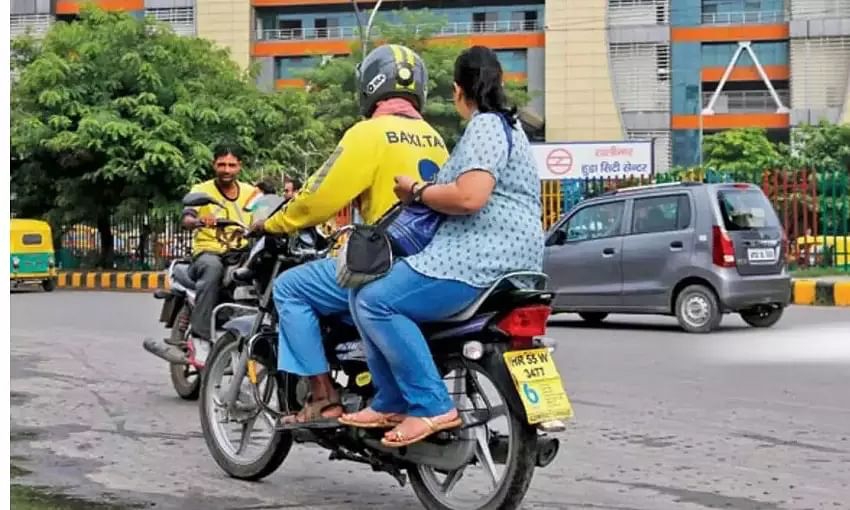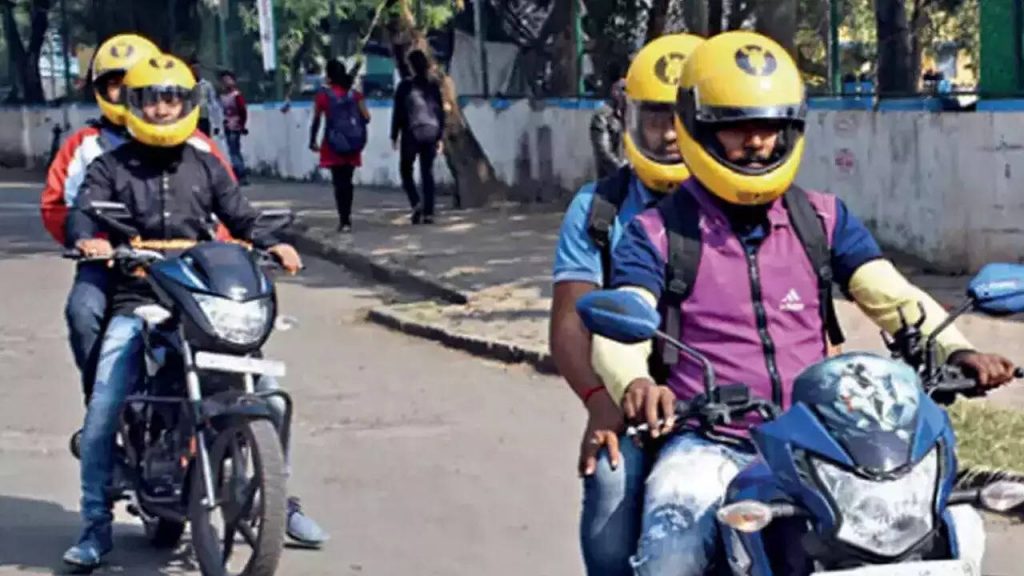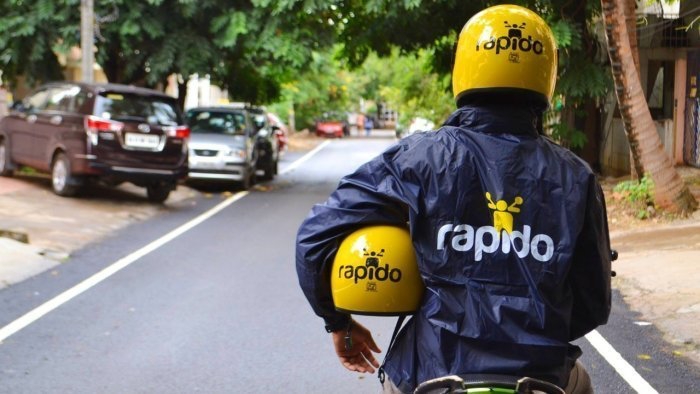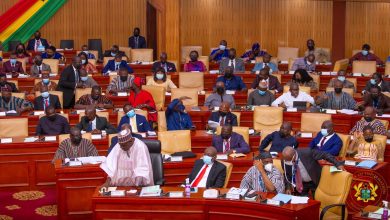
Uber, Ola, and Rapido have all suffered losses as a result of Delhi, the capital of India, banning motorcycle taxis from its streets.
According to a government notice, it is illegal in India for private two-wheelers to transport paying passengers.
The notice adds that “digital providers… facilitating such operations” could be fined up to 100,000 rupees ($1,208; £1,005).
The companies have not commented yet.
Every day, thousands of Indians use affordable motorbike taxis to cut through gridlocked traffic. Additionally, they provide employment to thousands of people, many of whom transport passengers on their private motorbikes.
However, the Motor Vehicles Act prohibits the use of private vehicles in India for commercial purposes.
Drivers in Delhi who were impacted by the ban were interviewed by the Indian Express newspaper, and they claimed that without the additional income, they would struggle to make ends meet.
Disputes over the legality of motorcycle taxis have occurred before.
The Maharashtra state government refused to issue licenses to Rapido’s motorcycle taxis in January, claiming that there were no legal guidelines governing the licensing of bike taxis, their safety, or their pricing.

Additionally, the Bombay High Court ordered the company to cease operations because it lacked a valid license.
Some gig workers have also demonstrated against these taxis. The government was urged to take action against private vehicles used as bike taxis in a letter sent to them in December by the gig workers’ union in the state of Telangana.
In a report published by Allied Market Research last year, the motorbike taxi market in India was estimated to be worth $50.5 million and was projected to grow to about $1.5 billion by 2030.

“However, legal issues associated with bike taxi and resistance from local public transport operators restrains the market growth,” the report cautioned.
Author-Roberta Appiah





